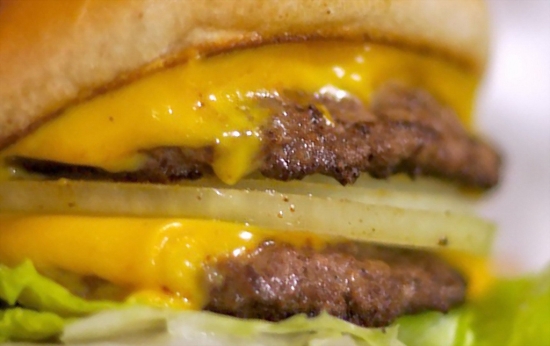In the wake of the discovery that some of the UK’s most popular food retailers have inadvertently been selling horse meat to their consumers, a wave of mistrust in even the oldest brands has swept the nation.

The Department for Environment, Food and Rural Affairs (DEFRA) has been quick to reassure consumers by insisting that no evidence exists to suggest horse meat carries a risk to human health. However, it appears that shoppers may be turning away from supermarkets and back to traditional butcher’s shops when it comes to buying their meat.
Butchers in the Nottingham area have reported a huge increase in business since news of the horse meat story broke, with more and more consumers queuing at their counters every time a further company is implicated in the scandal.
Philip Chambers, owner of AE Chambers, believes that consumers have turned to his store largely for the welcome they receive there. A more personal service allows his customers to build trust– especially as he is able to inform them exactly where their meat came from.
He says; “We have definitely seen some extra footfall over the weekend. People know if they come into us or another local butcher’s shop that they can be trusted and receive personal service.
“All of our beef is traceable from Notts and Scotland. We’re 100 per cent sure that it’s all properly sourced, and not come from a continental or imported supplier.
“I think all butchers can put their hands up and say the same.”
It was a similar story for another local butcher, Andy Marsden, who claims he has served a number of new customers. Each were keen to question the origin of his products before buying, a question he was easily able to answer as everything he sells comes from local farmers.
He believes that consumers are now realising that meat found in budget meals cannot be of the highest quality, and therefore are turning to traditional butchers for high quality produce.
He continues; “People for too long have been used to cheap meat in this country.
“One of the reasons for it being cheap is it’s poorer quality or not as good as what we sell in the butcher’s shop.
“When you are able to buy a beef lasagne to feed two or four people for around a pound, you have to ask how they can do it for that price.”
According to the Q Guild, which represents around 130 British butchers, it has been a similar story up and down the country with some members recording a 30 per cent rise in profits since the horse meat story broke. Should this continue, it could have a positive effect upon the British retail industry as a whole – after all, with most butchers being located on the high street, consumers will have to take a trip into town to pick up their products every few days.
And who knows, if they decide to pop into other shops along the way, perhaps our high streets could benefit.
Do you think consumers will continue to buy their meat from local butchers after the horse meat furore has died down a little, or will all be forgotten soon and everyone will return to their usual shopping habits? Have you converted to buying fresh meat from your local butcher, or do you still trust the supermarkets to stock quality produce?
Previous Post
Supermarket chain Morrisons to buy Blockbuster stores